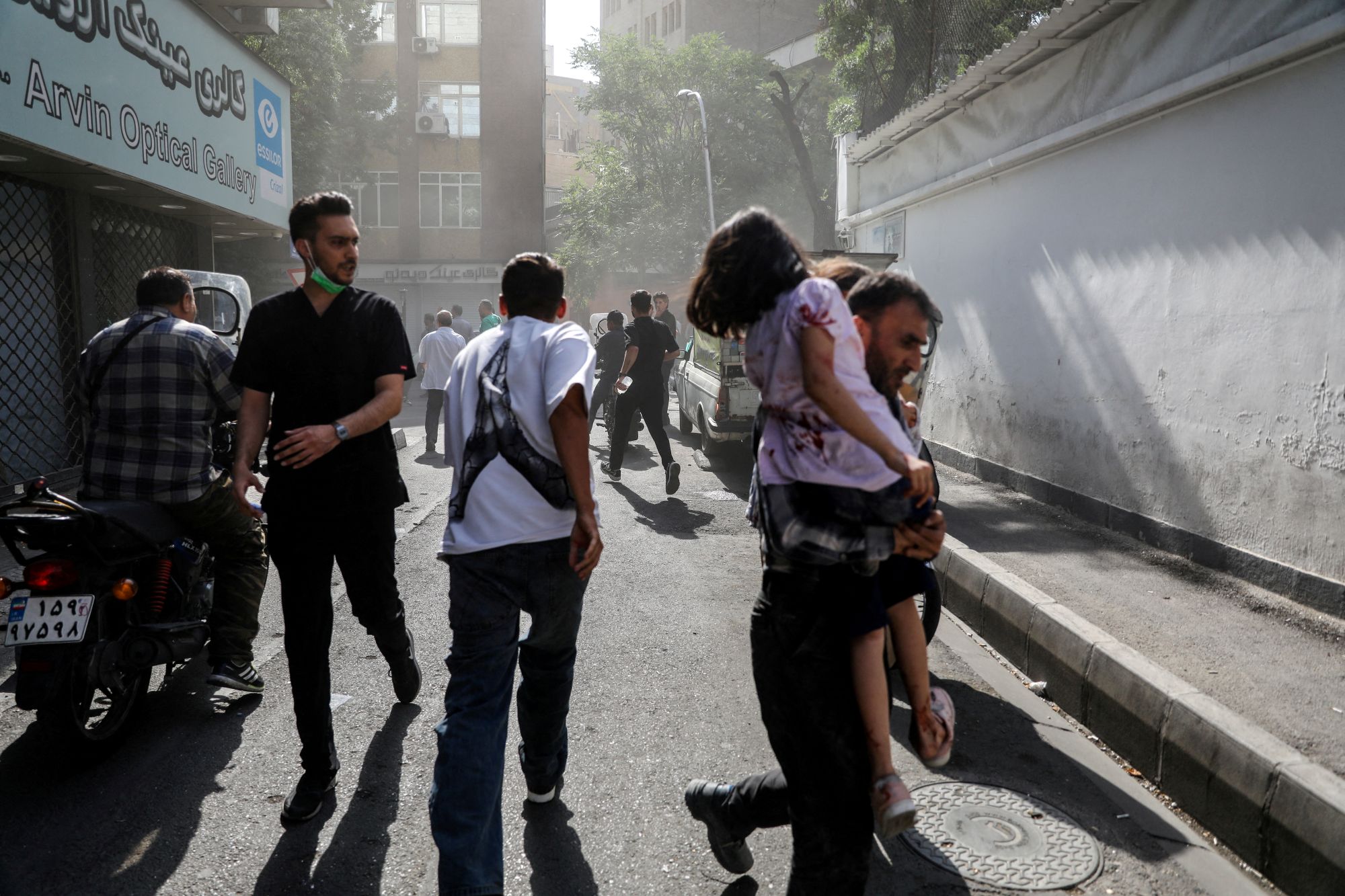Gulf states, home to multiple U.S. military bases, were on high alert on Sunday with their leaders calling on all parties to exercise maximum restraint following U.S. strikes on Iran that raised the possibility of a wider conflict in the region.
President Donald Trump said U.S. forces “obliterated” Iran’s main nuclear sites with massive bunker-busting bombs in the early hours of Sunday, joining an Israeli assault in a significant new escalation.
Gulf leaders including the United Arab Emirates president, the Emir of Qatar and the Crown Prince of Saudi Arabia, who had all hosted Trump last month for a tour of the region, discussed the serious implications of the escalation for international and regional security, the UAE state news agency reported.
Saudi Arabia, the world’s largest oil exporter, was on a high-security alert after the U.S. strikes, two sources with knowledge of the matter told Reuters on Sunday, while Bahrain urged motorists to avoid main roads.
Kuwait, another key oil exporter, said its defence council would remain in permanent session, according to the state news agency on Sunday, and set up shelters in a ministries complex.
Tehran has previously warned that if it were attacked by the United States, it could target American assets in the region, including U.S. military bases.
The country’s parliament approved the closure of the Strait of Hormuz, through which around 20% of global oil and gas demand flows, according to Iran’s Press TV, but a final decision rests with the Iranian Supreme National Security Council.
Bahrain is home to the headquarters of the U.S. Navy’s 5th Fleet and there are U.S. bases in Saudi Arabia and Kuwait, as well as in neighbouring Qatar and the UAE.
Nuclear authorities in Saudi Arabia and the UAE said they had not detected signs of nuclear contamination following the strikes in Iran.
“While the war has so far been contained in direct hostilities between Israel and Iran, direct U.S. involvement is a critical threshold that risks dragging the Gulf states, notably Bahrain, Kuwait and Qatar, which host large U.S. military facilities, into the conflict,” said Hasan Al Hasan, a senior fellow for Middle East Policy at the International Institute for Strategic Studies.
He said the risk of an open conflict between the U.S. and Iran could plunge the region into a devastating and potentially protracted conflict.
The U.S. strikes added to airline woes with Singapore Airlines cancelling flights from Singapore to Dubai on Sunday and British Airways cancelling flights to and from Dubai and Doha.
Airlines have been avoiding flying over large parts of the Middle East, including Iran, Iraq, Syria and Israel, due to ongoing missile exchanges.
“In light of recent developments in the regional security situation, we urge citizens and residents to use main roads only when necessary to maintain public safety and to allow the relevant authorities to use the roads efficiently,” Bahrain’s interior ministry said on X.
Bahrain also told 70% of its government employees to work from home on Sunday until further notice, citing escalating tensions, according to the Civil Service Bureau.
The country’s authorities earlier this week said they had activated a national plan to prepare for emergencies, set up an emergency centre and tested warning sirens.
Local media also reported that Bahrain had set up 33 shelters.






Click here to change your cookie preferences